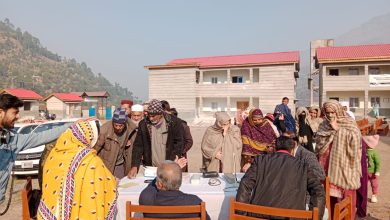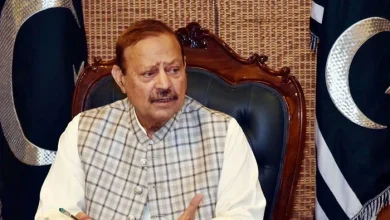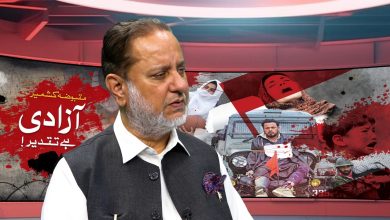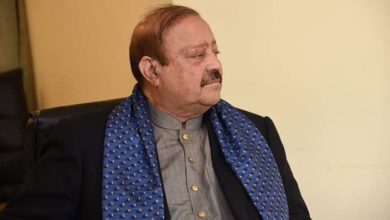India’s August 2019 illegal measures can’t change Kashmir’s disputed status: Raja Sajjad Khan
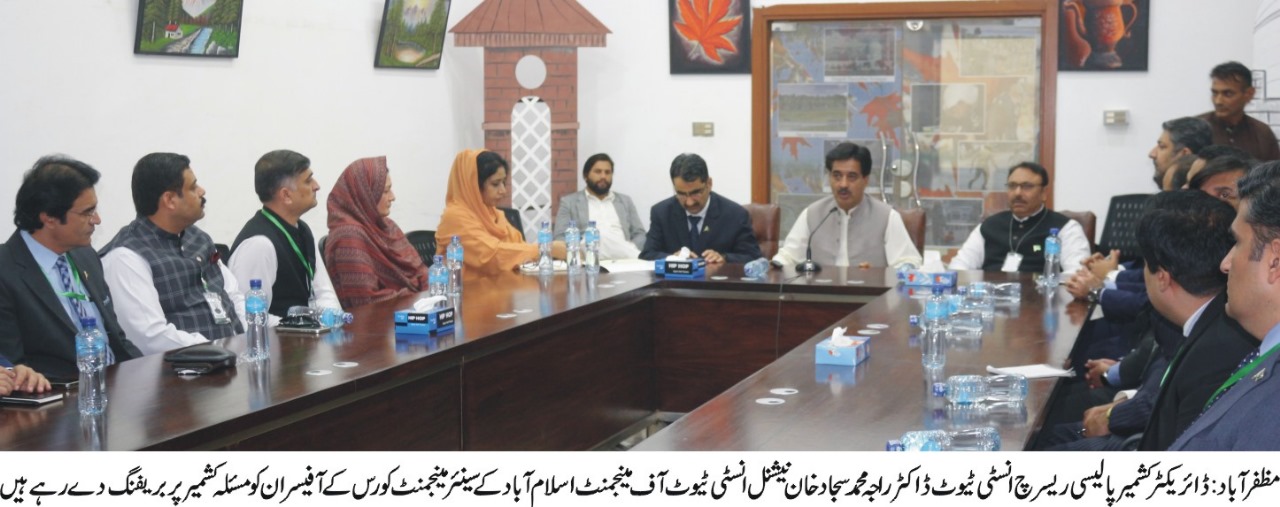
Muzaffarabad: Director of the Kashmir Policy Research Institute (KPRI), Dr. Raja Mohammad Sajjad Khan has said that despite the Modi government’s illegal and unilateral actions on August 5, 2019, the international community continues to recognize Jammu and Kashmir as a disputed territory.
According to Kashmir Media Service, speaking during a briefing on the Kashmir dispute for officers of the Senior Management Course visiting Azad Jammu and Kashmir from Islamabad, Dr. Sajad Khan emphasized that New Delhi’s primary objective behind revoking Kashmir’s special status was to alter the occupied territory’s demographic balance, specifically, to reduce the Muslim majority to a minority.
He described India’s revocation of Articles 370 and 35A as a blatant violation of United Nations resolutions, reinforcing that India’s occupation of Jammu and Kashmir remains illegal. He also stressed that the Kashmiri people have never accepted Indian occupation, nor will they ever do so in the future.
The KPRI Director pointed out that India has deployed nearly a million troops in Kashmir to maintain its illegal occupation. He further highlighted the use of the Armed Forces Special Powers Act (AFSPA), a draconian law granting Indian troops unchecked powers, which has led to widespread human rights abuses in the occupied territory. Despite this relentless repression, he stated, India has failed to suppress the Kashmiri people’s unwavering demand for freedom.
Dr. Sajjad Khan also underscored that the KPRI is the first think tank in AJK, established to foster a research culture in the region. The institute, he said, publishes in-depth research on various aspects of the Kashmir dispute and runs internship programs for university students to deepen their understanding of the conflict. Dr. Sajjad Khan also noted that while AJK was once significantly underdeveloped in 1947, it is now making remarkable strides in development across various sectors.





